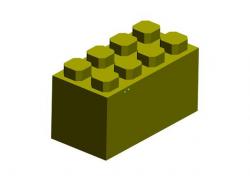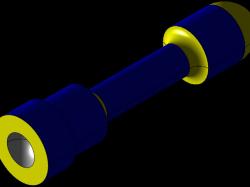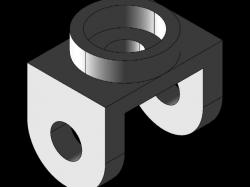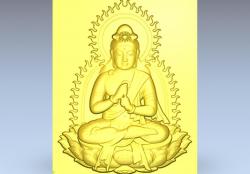 3D Models
3D Models 3D MODELS
3D MODELS 3D models
3D models 3d models
3d models 3D MODELS
3D MODELS 3d models 3D model
3d models 3D modelExploring 3D-Printed Butterdose Models
3D-printed butter dishes are not only practical but also offer an opportunity for personalization. Websites like Thingiverse and Mito3D host a variety of butterdose models. These platforms provide files for different styles, such as traditional, minimalist, or customized designs. Many of these models are available for free download and are designed by creative individuals around the world.
How to 3D Print Butterdose Models
Choosing the Right Model
Begin by selecting a model that suits your needs. Consider the size of the butter you typically use (like the 500g models found on Mito3D) and the aesthetics of your kitchen. Remember, the functionality of the butter dish is as important as its design.
Preparing Your 3D Printer
Once you have downloaded your chosen model, prepare your 3D printer. Ensure that it is calibrated correctly and that the print bed is leveled. This will help in achieving a high-quality print.
Selecting Materials
For food-related items, it’s crucial to choose food-safe materials. PLA is a popular choice due to its food-safe properties when uncolored, but always check the safety data sheet of the filament to be sure.
Printing Process
Load the 3D model into your slicing software and adjust the settings according to your printer’s capabilities and the filament you are using. Pay attention to factors like layer height and infill percentage, as they can impact the durability and appearance of your butter dish.
Tips for Perfect Prints
- Always test print a small part of the model to check for any issues.
- Consider printing a lid separately if the model includes one, to ensure a snug fit.
- Post-processing, like sanding and sealing, can enhance the appearance and functionality of your butter dish.
Q&A
Q: Can I make modifications to a pre-existing butterdose model? A: Absolutely! Most 3D modeling software allows you to customize and tweak existing models to better suit your needs or preferences.
Q: How long does it take to 3D print a butter dish? A: The time varies based on the size of the model and your printer’s settings. Smaller models can take a few hours, while larger or more complex designs might require more time.
Q: Is it safe to wash a 3D-printed butter dish in a dishwasher? A: This depends on the material used. PLA, for instance, might not withstand high temperatures. Always check the material’s heat tolerance before machine washing.
Q: Can I print a butter dish that fits a specific butter brand or size? A: Yes, you can either find a model designed for specific butter sizes or modify a model to fit your preferred butter size.
3D printing offers endless possibilities for creating personalized kitchenware. With the right tools and a bit of creativity, you can produce a unique butterdose that reflects your style and meets your needs. Remember, the journey is as rewarding as the outcome, so enjoy the process of bringing your 3D-printed butter dish to life!
